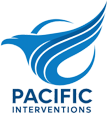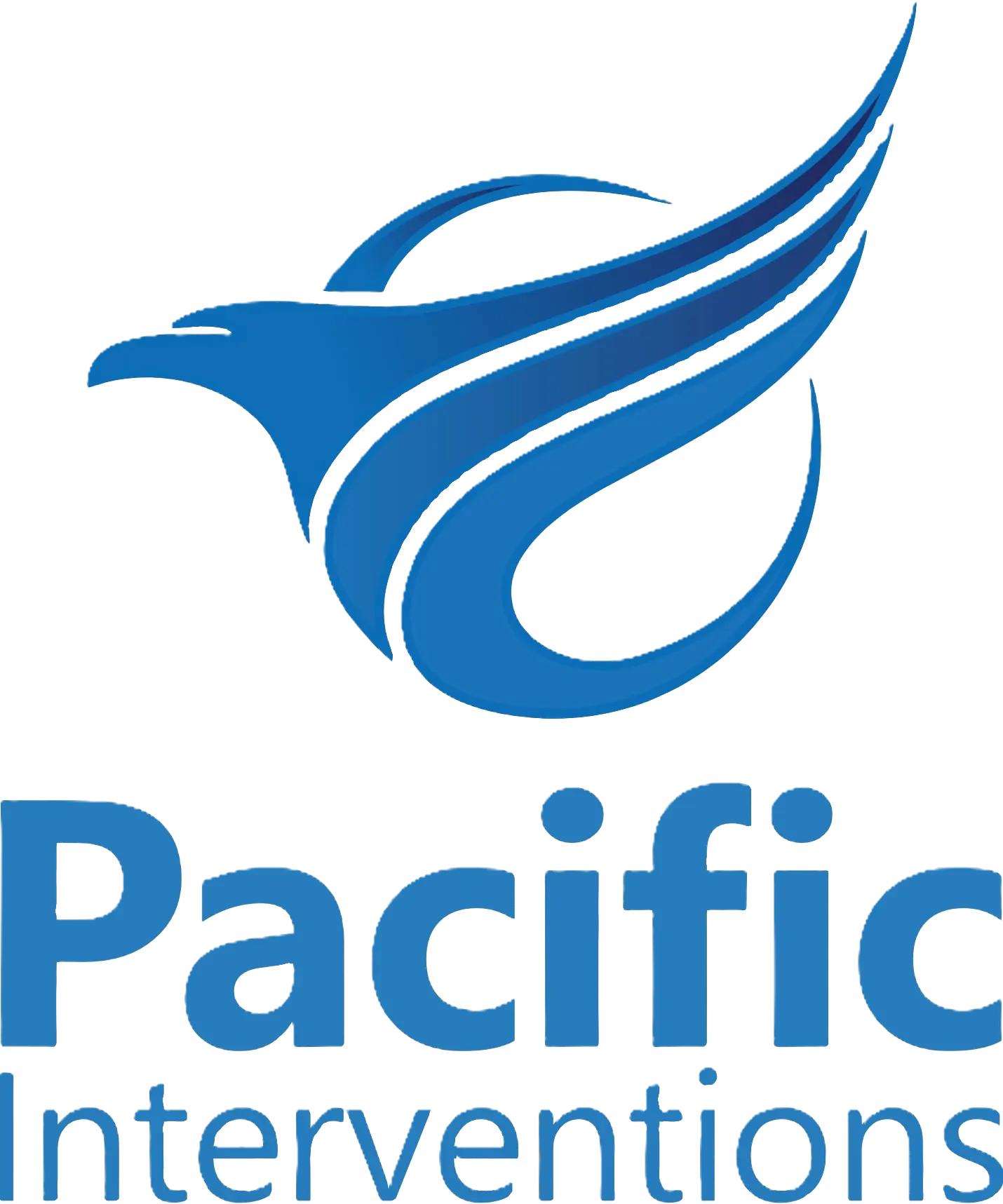The 12 Core Functions: What They Mean and How They Work

Screening happens when the addiction counsellor evaluates the client’s physical and mental condition before entering a rehabilitation program. The safety of the client entering the treatment center is of the utmost importance. Therefore, the addiction counsellor must assess if the client is mentally and physically capable of entering the treatment center at this time, or if some medical intervention is required first. Screening is not intended to exclude the client from attending the rehabilitation program, but rather to ensure the client is physically and mentally stable enough to continue with other aspects of treatment.
The client is screened for signs of suicide risk, mental health instability, and/or potential withdrawal concerns. The symptoms of acute withdrawal or mental health instability can be up to and including death, so screening for these potential risks is paramount. Opiate withdrawal levels can be determined using a tool called COWS (Clinical Opiate Withdrawal Scale). For alcohol withdrawal, AWS (Alcohol Withdrawal Syndrome) is a brief tool used to screen for suicide risk; the ASQ (Ask Suicide-Screening Questions) tool can be used. If the addiction counsellor has reason to believe the client is at risk, they are to notify their supervisor and plan to refer the client to the appropriate health service agency.
Screening may result in referring a client for immediate psychiatric support, withdrawal management services, or to a hospital. When a client is experiencing severe mental or physical symptoms beyond the scope of the rehabilitation program, the addiction counsellor must respond quickly to access additional medical support. Once any acute physical or mental health concerns have been addressed, or if the client does not have any of the symptoms mentioned above, the addiction counsellor will move forward with the intake phase.

During the intake process, the addiction counsellor will explain and complete documents for the treatment center’s policies and procedures with the client. These forms include confidentiality, ethics, consent to treatment, emergency contact information, financial contract (if applicable), release of information (family, spouse, insurance providers, health agencies), and a waiver. This process ensures the client understands the rules, guidelines and their rights while in the treatment center.
The intake can be the beginning of building trust between the addiction counsellor and the client. During this time, the client may be hesitant, scared, experience anxiety or feel alone. Therefore, the intake interaction between the addiction counsellor and the client will help further develop trust and the client’s sense of safety and well-being. Once all intake procedures are explained and documents signed, the addiction counsellor will proceed to provide an overview of what to expect during the rehabilitation program.

During orientation the client will be given a tour of the facility, showing them sleeping quarters, eating area, group rooms, laundry facilities, counsellor rooms, bathrooms, recreation area, exercise room, and administration office. For an outpatient program, the client will be advised of the operating hours, expectations for attending sessions, the policy regarding missed sessions, and the program length.
Every treatment center will have varying rules and guidelines that must be outlined to the client. During trientation, the addiction counsellor is required to provide the client with specific details about expectations of conduct, i.e., wake-up time, group time, meal time, free time, bed time, etc. The consequences of guideline infractions must also be conveyed to the client, including any discharge policy or disciplinary action. Once orientation is complete, the addiction counsellor will begin developing a specific treatment plan by conducting a comprehensive assessment of the client’s history.

In the assessment the addiction counsellor gathers specific information around the client’s life areas, such as family history, education, employment history, legal involvement, psychological well-being, physical health, relationships, and social functioning. Using the information gathered during the assessment, the addiction counsellor will examine the client’s life areas to identify imbalances. Assessments often contain substance use severity tools such as MAST (Michigan Alcohol Screening Test) and DAST (Drug Abuse Screening Test). These screening tests can help raise awareness among both the addiction counsellor and the client.
The addiction counsellor’s role is to develop a comprehensive overview of the client’s life experiences. Along with the life areas, the addiction counsellor will ask for a complete substance use history, treatment history, gender identity, cultural beliefs, trauma history, client’s strengths and weaknesses, and any history of violence (including intimate partner violence). Through the assessment, the addiction counsellor can pinpoint indicators associated with attachment style, possible trauma, mental health status, and maladaptive coping strategies.
Although the addiction counsellor is not trained to diagnose clients with mental health disorders, they are trained to observe certain behaviours that can be the basis of a referral to an appropriate professional for further evaluation. Suppose a client has disclosed a mental health diagnosis. In that case, it is the addiction counsellor’s responsibility to request confirmation of the diagnosis from a medical professional, with the client’s permission, and document it in the assessment. The assessment is an ongoing process. The information provides the foundation to create an individualized treatment plan.

Treatment planning is a collaborative effort between the addiction counsellor and client. Together, they will create solutions to specific barriers, develop realistic goals, identify counselling methods, and formulate a comprehensive therapeutic course of action.
A unique treatment plan is created for every client. It will outline treatment goals and the specific methods to be used to achieve them. A treatment plan is an individualized roadmap to recovery. It will use information from the assessment and initial screening to identify the most effective treatment modalities and methods to support the client’s recovery. The addiction counsellor is required to determine the most appropriate treatment plan for each client, so that each client can achieve the best possible treatment outcome.
The client’s treatment goals will be identified and documented. Each treatment goal will require specific methods to achieve it. For example, a client’s goal may be to “improve relationship with their spouse”. The methods used to achieve this goal could include developing functional communication techniques, establishing personal boundaries, and building conflict-resolution skills. The client and addiction counsellor will agree on these methods to empower the client in the treatment planning process. Supporting the client in achieving their treatment goals will be a primary role of the addiction counsellor. The client’s acquisition of these goals will help to improve their sense of self and enhance their personal accountability.
Based on results from the screening tools and assessment, other services in the continuum of care may need to be included in the treatment plan, such as mental health professionals, psychologists, psychiatrists, registered clinical counsellors, addiction doctors, sober living facilities, aftercare services, therapeutic community-based networks, and faith-based services. A treatment plan is flexible and will likely need to be adjusted throughout treatment. The addiction counsellor and client will make necessary changes based on progress and information gathered during the counselling sessions.

The goal of counselling is to assist a client in transforming problematic thought and behaviour patterns, develop functional coping strategies, and reduce or eliminate substance use. The two primary approaches used in counselling are individual and group therapy. The addiction counsellor will help the client identify their personal barriers, such as guilt, shame, beliefs about self and society, relationships with loved ones and family members, and the impact that their substance abuse has had on themselves and others. For example, the client may be unable to hold a job, have strained relationships, live in an unstable environment, fail to be accountable, and or have an inability to regulate emotions from traumatic experiences. The goal of the counsellor is to empower the client to make the necessary changes in beliefs, behaviours, priorities, communication skills, and relationship dynamics. In turn, allowing them to create a balance in previously unbalanced life areas. The addiction counsellor will implement counselling methods derived from the treatment plan, including, but not limited to, CBT (Cognitive Behavioural Therapy), DBT (Dialectical Behavioural Therapy), Solution Focused Therapy, Motivational Interviewing, CRA (Community Reinforcement Approach), Interpersonal Therapy, Trauma-Informed Practice, and Integrative.
Therapy.
It is important to note that during early treatment, one of the primary goals is to assist the client in stabilizing and containing difficult emotional disturbance until they have developed the emotional stability and coping strategies to manage their emotions more effectively. At this critical time, the addiction counsellor needs to provide the client with practical emotional regulation skills, such as grounding techniques and mindful practice. Clients may have had traumatic experiences that led to trauma, so that treatment should be left for more qualified professionals, such as a Psychologist, Registered Clinical Counsellor (RCC), Master of Counselling (MC), Licensed Clinical Psychotherapist (LCP). The addiction counsellor must understand when they have reached the limits of their expertise and, when this occurs, consult their supervisor for guidance.
Throughout counselling sessions, the counsellor may want to change counselling methods, and when this occurs,, it is essential to to discuss the changes with the client and the reasons behind them. The changes should be documented in case notes so that other staff and professionals working with the client are aware of them. Nearing the end of a primary addiction treatment program, the addiction counsellor and client will develop a structured aftercare plan. The aftercare plan will include a review of potential risks the client may face during the post-treatment transition. The aftercare plan will aim to ensure that all aspects of a client’s stability are maintained or further developed once they return home. A client may require a solution for finances, employment, education, housing, or other areas. Developing an effective aftercare plan of action is vital to the client preparing for this very vulnerable time. Connecting clients with critical support services is a function of case management.

Case management is the process of coordinating a variety of services and other support branches, such as mental health professionals, support workers, medical staff, stakeholders, financial funding agencies, employment agencies, and so forth. During treatment, it may become apparent that the client requires certain parties to be given treatment progress reports. The addiction counsellor will communicate with those individuals or agencies while ensuring compliance with confidentiality guidelines.
Addiction affects many areas of the client’s life. The more support services that are available to assist the client, the better chance they have to achieve their recovery goal As each treatment plan is different, an addiction counsellor must be knowledgeable with the local services that are in the continuum of care (housing supports, financial aid, employment programs, family counselling services, sober living facilities, and mental health specialists).
Case management is an ongoing process throughout the treatment program. Ensuring that the client receives all the support they require is imperative for them to succeed in completing goals and maintaining recovery. Once primary addiction treatment is complete, the client should have a solid after-care plan in place. Leaving ttherapy ormany clients can be scary and bring up sself-sabotaging behaviours This is where crisis intervention training

Crisis intervention requires the addiction counsellor to intervene when a client becomes physically or mentally destabilized. De-escalation is the most crucial part of crisis intervention, as some crises can escalate into a more difficult situation, such as violence or self-harm. Working as an addiction counsellor, you will experience a client in crisis. These crises can range from psychological, physical or psychiatric. Regardless of the crisis, the addiction counsellor needs to intervene to ensure the safety of the client and others. Implementing crisis intervention practices will begin to address acute emotional and physical distress.
One of the most severe crises is if the client is experiencing suicidal ideations and has thought out plans to follow through on it. This requires immediate reporting to a supervisor and contacting the police and ambulance services. No matter the crisis, it is the addiction counsellor’s job to act quickly and implement a strategic plan of action to help the client re-stabilize. The safety of the client, other clients and staff is the priority, and proper procedural protocols must be followed and documented with a crisis report.

Client education includes information about alcohol and drug use, additional services available to the client, and other resources that will assist in the client having a more complete recovery plan. Psychoeducation is an evidence-based therapeutic component of treatment to help clients deal with their addiction and mental health. In an inpatient rehabilitation program, substance use education will be presented during group classes and individual counselling sessions. During an outpatient program, along with group and counselling sessions, clients may be referred to therapeutic community-based support programs such as SMART Recovery, Alcoholics Anonymous, or employment programs and housing supports.
Making the client aware of these services is the addiction counsellor’s duty, as many clients are unaware of what services may be available to them. The referral process will begin to connect the client to these support services.

Report and record keeping involves administrative and documentation skills. The record-keeping will allow for clear communication among other staff members who may or may not have direct contact with the client. Staff such as support workers, the financial aid office, outreach workers, medical staff, and other professionals who have authorized access to ongoing reports and record-keeping.
Reports such as assessments, mid-term reviews, progress reports, aftercare reports, and discharge summaries often need to be sent to specific stakeholders, e.g., insurance agencies, lawyers, medical professionals, and case managers who may be working with the client. Many staff members will be tracking client progress through case notes. Client completion of various stages of treatment will need to be reviewed, and summary reports generated. Clients will be granted access to any documented information contained in their file upon request.
Tracking client progress allows the client and counsellor to see the progress toward goals set earlier in the treatment planning process. As stated above, several other agencies will be involved in a client’s treatment plan. Report and record keeping will provide the addiction counsellor with the ability to convey status of pertinent information when consulting other colleagues and professionals.

Report and record keeping involves administrative and documentation skills. The record keeping will allow for clear communication among other staff members who may or may not have direct contact with the client. Staff such as support workers, financial aid office, outreach workers, medical staff and other professionals who have authorized access to ongoing report and record keeping.
Reports such as assessment, mid-term reviews, progress reports, after-care plans, and discharge summaries often need to be sent to certain stakeholders, i.e. insurance agencies, lawyers, medical physicians, and case managers that may be working with the client. Many staff members will be tracking client progress through case notes. Client completion of various stages of treatment will need to be reviewed and summary reports generated. Clients will be granted access to any documented information contained in their file upon request.
Tracking of client progress allows the client and counsellor to see the progress of goals set earlier in the treatment planning function. As stated above, there are several other agencies that will be involved in a clients’ treatment plan. Report and record keeping will provide the addiction counsellor with the ability to convey status of pertinent information when consulting other colleagues and professionals.

Consultation with other professionals can happen during regular staff meetings or case management reviews. In some circumstances there will be other professionals outside of the rehabilitation program that will need to be consulted. Consultation is often made with mental health agencies, medical support and various other support networks. The addiction counsellor, staff or service agencies will get together to review a client’s case. Again, this is where the addiction counsellor needs to be aware of any issues outside of their professional ability. The clients well-being is the most important goal for an addiction counsellor. When the treatment program concludes, the service provided to the client do not end. The report and record keeping function keeps the communication and collaboration exchange in place in order to assist the client in their ongoing addiction recovery.




